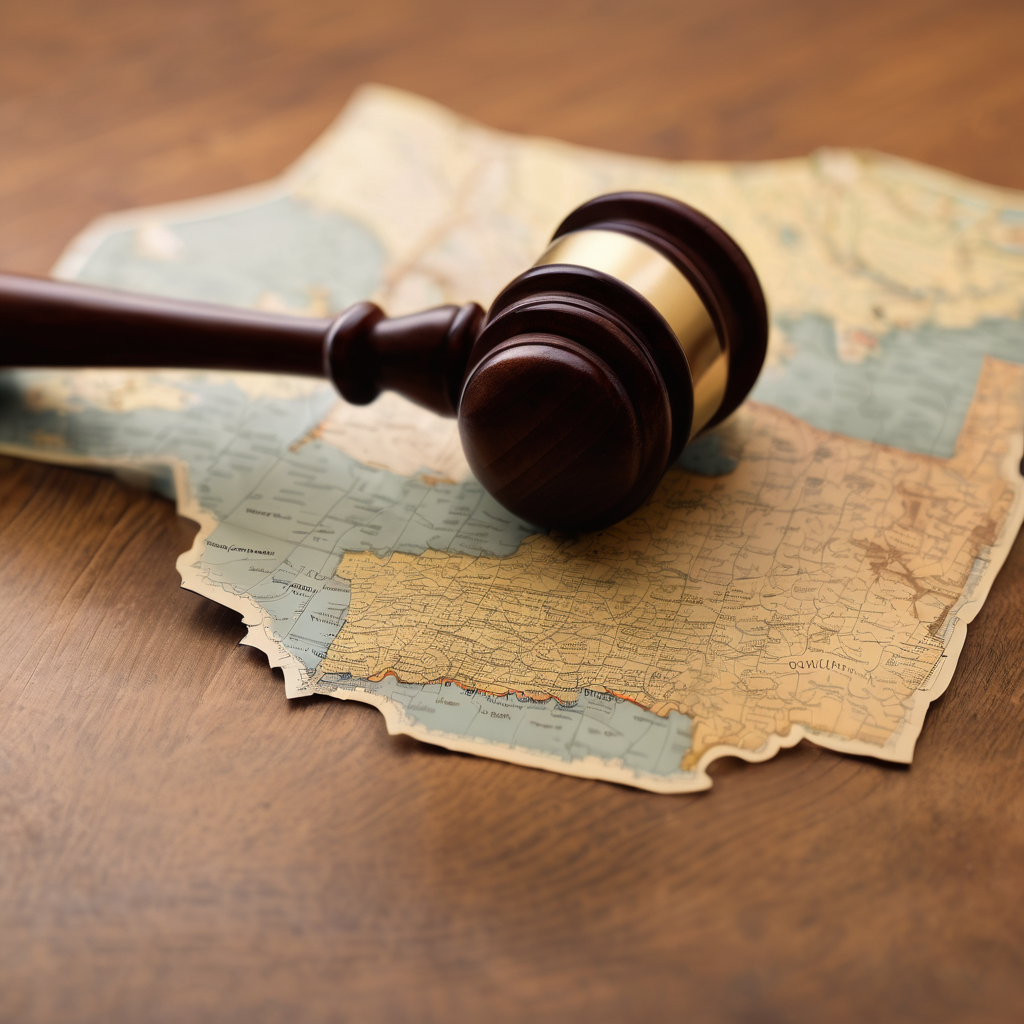The Supreme Court is currently hearing a pivotal case that challenges a crucial element of the Voting Rights Act, originally signed into law by President Lyndon Johnson in 1965. Section 2 of this landmark legislation aims to protect minority voters from being excluded in the congressional district mapping process, a fundamental aspect of fair representation.
Over recent years, the conservative majority on the Supreme Court has significantly weakened the Voting Rights Act, leaving only Section 2 as its remaining stronghold. Yet, this provision now faces potential reevaluation, which could have far-reaching effects. In a troubling scenario, if the court were to invalidate or complicate the enforcement of this section, it has been predicted that the Democratic Party might lose as many as 19 seats in Congress, drastically impacting the balance of power in the House of Representatives.
The case under scrutiny originates from Louisiana and mirrors a previous case from Alabama ruled on by the Supreme Court less than two years ago. In that Alabama case, the court mandated the establishment of a second congressional district where African American voters could influence election outcomes. By contrast, despite African Americans representing approximately 30% of Louisiana’s electorate, they currently only have a genuine opportunity to elect their preferred candidate in one of the state’s six congressional districts.
After the Supreme Court’s earlier ruling, Louisiana’s legislature responded by creating a new map, which included a second majority-minority district. This effort was challenged by a group of 12 voters who objected, alleging that the redistricting was racially discriminatory. During recent oral arguments, Chief Justice John Roberts expressed skepticism about the map’s design, likening it to a “snake” that wound across the state, suggesting that race played a fundamental role in its creation.
Complicating matters further, Louisiana’s legal representatives have shifted their defense, now arguing that establishing a second majority-minority district violates constitutional amendments that guarantee voting rights. This development has left many observers baffled and awaiting clarity on the court’s stance.
The implications of the court’s decision could be profound. Advocates for maintaining Section 2, such as Janai Nelson from the NAACP Legal Defense Fund, argue that discarding this provision would pave the way for unchecked racial gerrymandering, undermining the essence of democracy and the civil rights movement it symbolizes.
With the potential for significant changes on the horizon, the court’s deliberations are being closely monitored, as they could redefine the legal landscape of voting rights and representation for years to come. As discussions unfold, many hope that the court will affirm its commitment to safeguarding equitable voting practices, reflecting the will of the people it serves.
